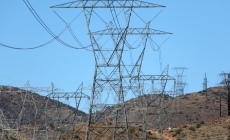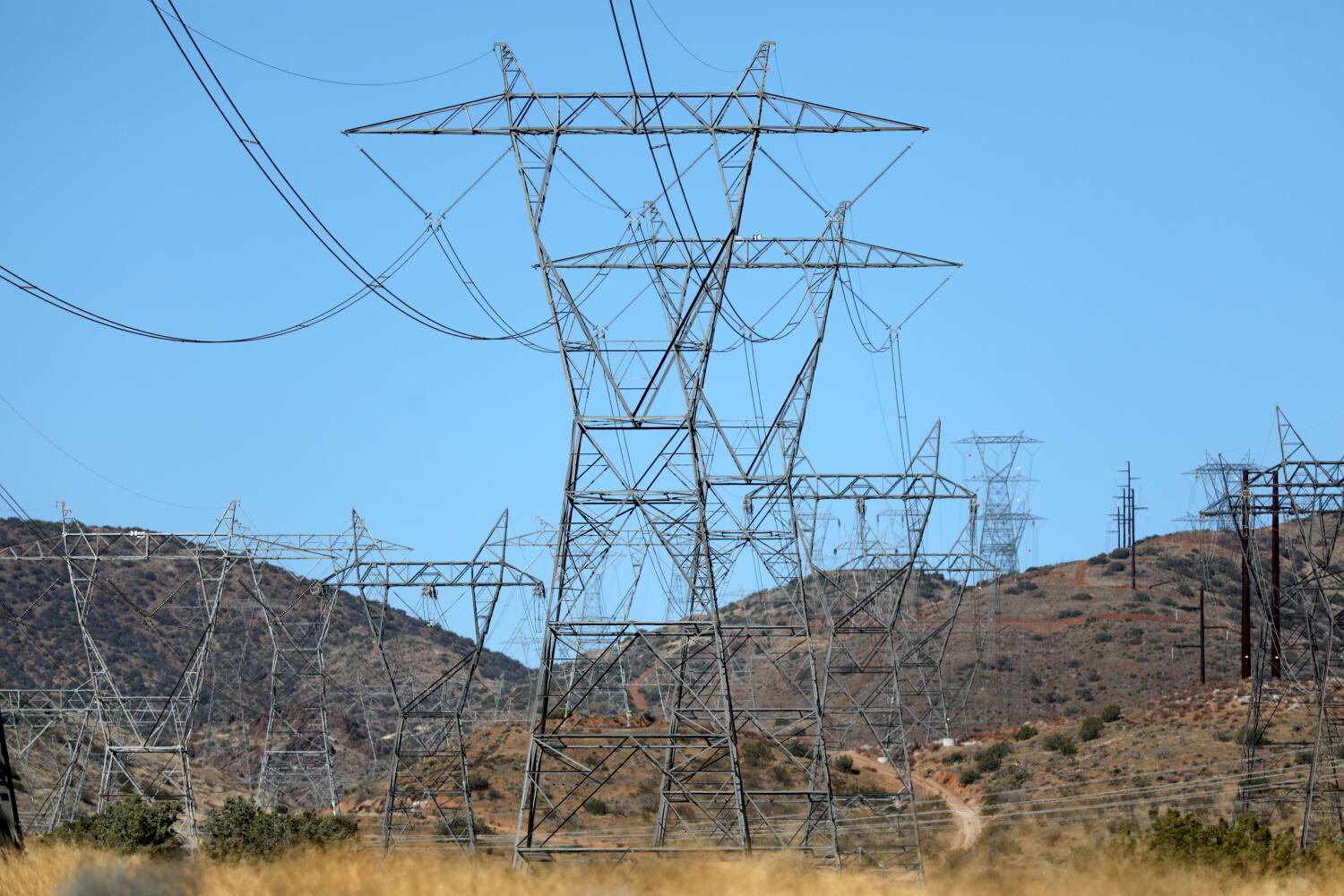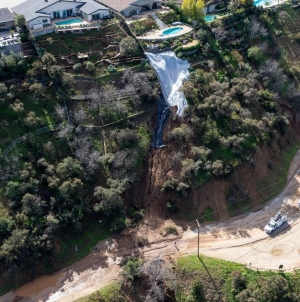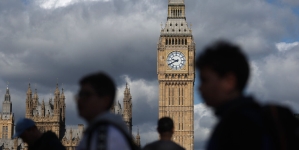-
Bill to scrutinize new electric charge dies in committee - May 17, 2024
-
A portion of Mulholland Drive, damaged by mudslides in winter storms, reopens - May 26, 2024
-
‘Maybe You Don’t Want to Win’ - May 26, 2024
-
Donald Trump Putting Law Enforcement in Danger: Attorney - May 26, 2024
-
Avoid the waters of these 5 L.A. County beaches this holiday weekend, public health officials say - May 26, 2024
-
Bawdy Comedy ‘Anora’ Wins Palme d’Or at Cannes Film Festival - May 26, 2024
-
Map Shows Heat Wave Zone Spread Into Five New States - May 26, 2024
-
Azusa police arrest suspected slingshot-wielding vandal - May 25, 2024
-
Donald Trump Hammers Judge Ahead of Jury Instructions - May 25, 2024
-
Sometimes U.S. and U.K. Politics Seem in Lock Step. Not This Year. - May 25, 2024
Bill to scrutinize new electric charge dies in committee
The Assembly Appropriations Committee on Thursday killed a highly watched bill that would have required legislators to study and review a controversial new electric charge recently approved by the Newsom administration.
The committee members didn’t discuss their concerns about the bill known as AB 1999 or why they decided to stop the bill from proceeding.
In a roll call, two Democratic committee members — Timothy Grayson of Concord and Gail Pellerin of Santa Cruz — voted for the bill. The rest of the 15-member committee withheld their votes.
Some legislators said this week that they had received more calls from constituents about the new $24.15 a month electric charge and AB 1999 than any other subject.
The state Public Utilities Commission, which is led by Newsom appointees, approved the charge last week. In return for paying the new fee, consumers will get a lower rate for each kilowatt hour of power they use.
The Newsom administration says the new billing structure is needed to encourage more people to buy electric cars and replace gas appliances in their homes, which would reduce the use of planet-warming fossil fuels.
With California’s electric rates already second highest in the nation, the new fee has angered people across the state.
A coalition of more than 250 consumer and other groups has been protesting against the new monthly charge, saying that millions of Californians who live in apartments or small homes that use little electricity will see their bills increase to subsidize those using far more power.
They point to a study that found that 3.9 million households will pay $65 to $225 more a year under the new billing structure.
People who have solar panels on their homes will also be subject to the monthly charge.
The new fee affects customers of investor-owned power companies, including Pacific Gas & Electric, Southern California Edison and San Diego Gas & Electric. It does not apply to customers of the Los Angeles Department of Water and Power or other municipal utilities.
The utilities commission says the electric companies will not receive additional revenues under the change. The amount the companies collect from the monthly charge, the commission said, will be equal to what they lose from charging a lower rate for each kilowatt hour.
But critics point out that Newsom’s 2022 bill to begin the process of imposing the new monthly charge eliminated a $10 cap on such fees that had been in place since 2013. That 2022 bill was passed in a matter of days with almost no debate.
In January, Jacqui Irwin, a Thousand Oaks Democrat, introduced AB 1999 to undo much of Newsom’s 2022 bill.
The bill faced a rocky path. Last month, Assembly leaders stopped the legislation before it had even received a hearing.
Irwin then amended the bill in an attempt to revive it. The bill passed its first committee hearing on Wednesday.
The amended bill would have required a study in 2028 of customers’ bills to determine who was paying more or less under the new rate structure. The bill said the monthly fee could be repealed if the legislature found it was not working as the utilities commission intended.
Irwin’s bill would have also kept the utilities from raising the fixed charge by more than inflation.
Newsletter
Toward a more sustainable California
Get Boiling Point, our newsletter exploring climate change, energy and the environment, and become part of the conversation — and the solution.
You may occasionally receive promotional content from the Los Angeles Times.
Source link

































